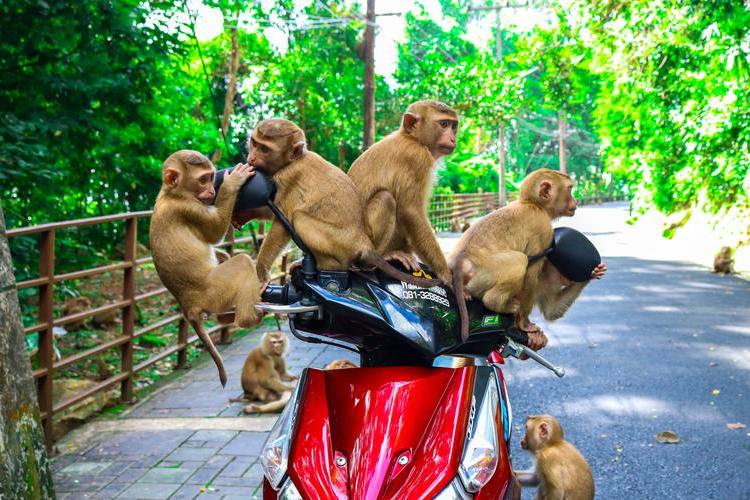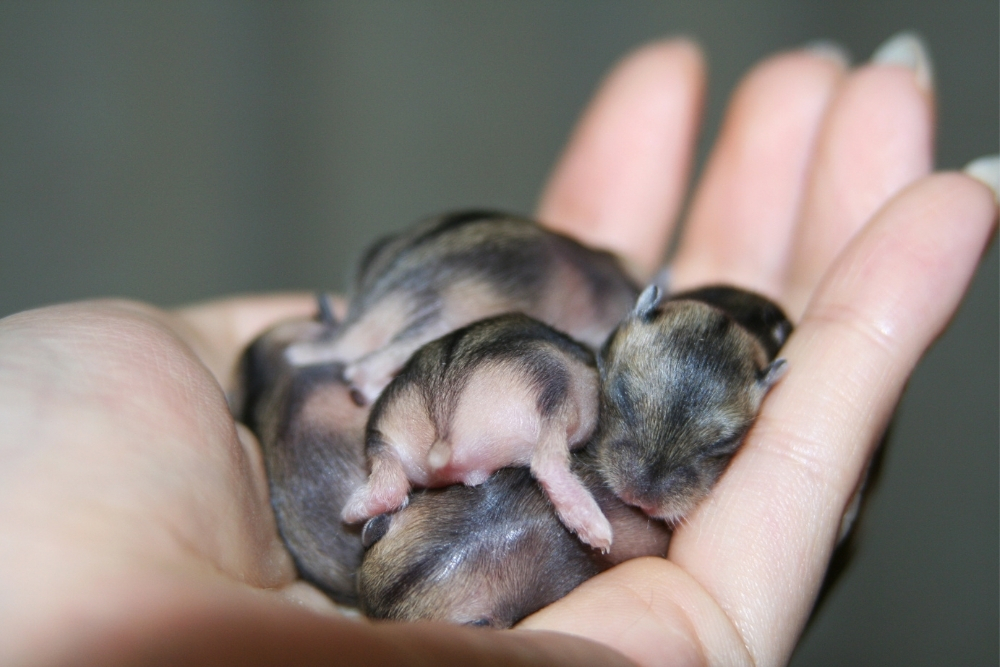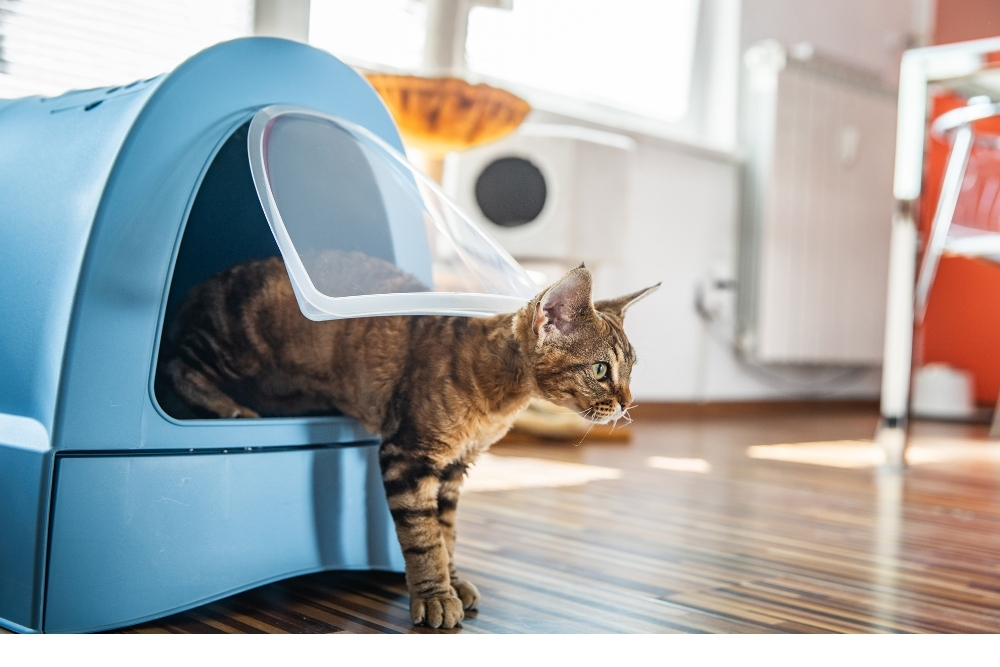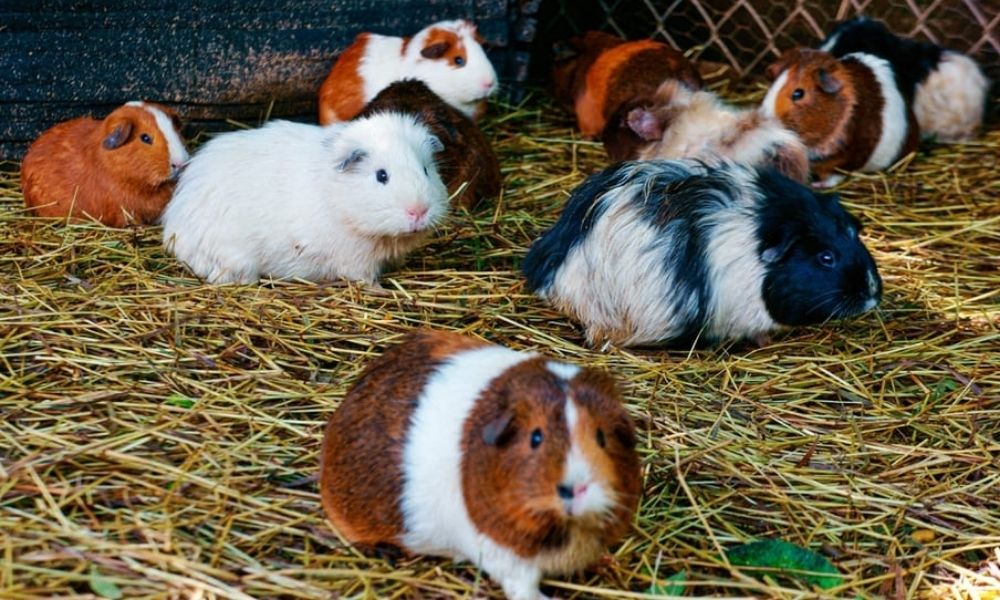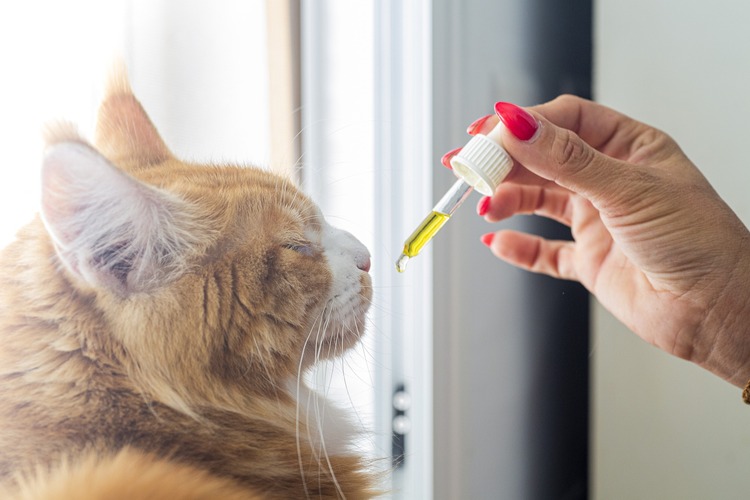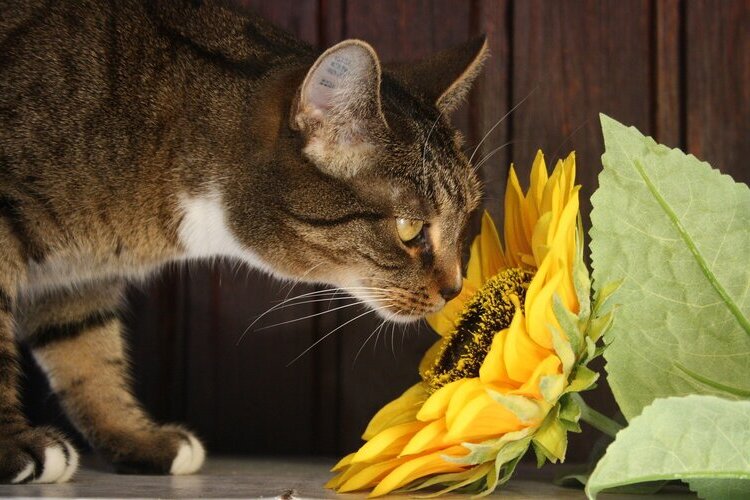If you are like me, you have probably dreamt of adopting a pet monkey or an ape. Being an animal lover, the thought of having meaningful conversations with an ape just like in “George of the Jungle” or cuddling a baby monkey sounds like a lot of fun, or is it? In the fantasy world, primates make wonderful companions but in reality, a pet monkey can be a bad idea.
Even though your intentions for owning a pet monkey may be noble, most people who adopt animals end up mistreating them or abandoning them. A baby monkey has always been the go-to pet for most people especially those going through the empty nest syndrome. While a baby monkey is a little easy to handle, monkeys can become quite a handful over time.
Depending on your country or state, most countries have come up with increased regulations and restrictions, and owning wild animals requires licenses that can at times be hard to get. In other states, this practice is illegal. One can, however, get a monkey online for a tidy sum of money.
Read Also: 15 Dangerous Foods for Dogs (Some can easily kill your dog)
Things to Consider Before Adopting a Pet Monkey
If you still feel the need to adopt a monkey, here are a few reasons why you should reconsider.
1. Legal issues
Animals that require permits to keep also require frequent home inspections. The privilege to keep them may also require modified homeowner policies that call for extra liability coverage. If one chooses to go without insurance, this becomes a problem if the monkey attacks someone.
2. Deadly infections.
Monkeys require a lot of attention and dedication and can be quite a handful. Devoid of attention, monkeys develop severe behavioral problems and for them, inflicting injury in bites and scratches is a hoot. Unfortunately, monkeys are carriers of zoonotic diseases that can be transmitted through bites and scratches.
3. Anger management issues
Baby monkeys are easy to handle but, at around 18months for some, sexual maturity kicks in. Just like human beings, this comes with a myriad of emotions which can lead to jealousy and aggression towards the human hosts. This is further complicated by the fact that primate breeders often take baby monkeys from their mothers at infancy.
They are then given a prop to cuddle as a replacement. This is in no way a commensurate replacement as it replaces maternal nurturing which they would enjoy in the wild for years. Unable to cope with this aggression, primate owners sell to unsuspecting animal lovers or abandon them when they become too problematic.
4. Expensive to buy and maintain
In most countries, the sale of exotic animals is prohibited. This is, however, not a hindrance to the dedicated. A cursory search through the internet shows that one can acquire just about any primate from monkeys to the more exotic capuchin, at a cost. The initial buying cost is not the only cost to deal with. Monkeys require a specialized diet that is often not disclosed by breeders. Poor diet and lack of UV light lead to diseases such as rickets.
5. All that monkey business
Monkeys require a lot of space. They are wild and cannot be fully housetrained. Monkeys scent mark and like to throw things, (feces included). While diapering works, this can get costly and tedious as time goes by. For those looking to fill their home with the sound of a baby, a monkey is not the way to go. Babies grow and mature but monkeys live in perpetual infancy and can live for twenty to forty years requiring a lifetime of care.
6. Primates are potentially dangerous.
Monkeys look adorable prancing around with their babies balancing on their back; in the wild. This adorable picture takes on a menacing tone once these animals are caged. Primates come with complicated needs and intelligence to match.
These needs cannot be replicated in a home and this makes primates potentially dangerous. Most states have now come up with strict rules that prohibit the domestication of monkeys and apes especially after the 2009 chimpanzee attack in Connecticut.
RELATED: 6 Best Pets for Toddlers (How to Choose The Best)
So what is the alternative?
If you are really in love with these furry animals, consider supporting a primate sanctuary. As the number of pet monkeys in the market and homes increases the number of rescued or abandoned pets rises. This has put a lot of pressure on sanctuary care as government and private funding decreases. The bottom line is, keep your dream but do not support illegal primate breeders or pet sellers who hold no regard for the welfare of these beautiful animals.

